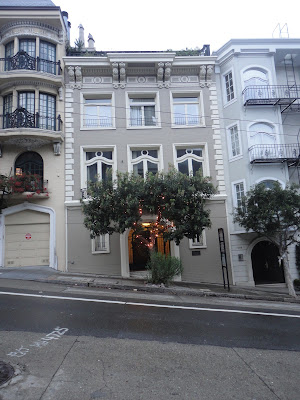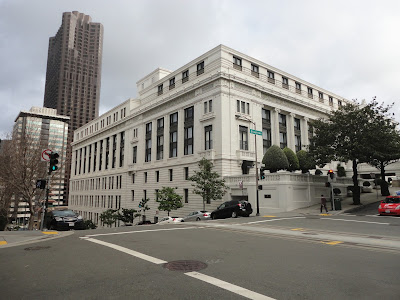by Sharon Bryan, from Flying Blind, 1996
Middle age refers more
to landscape than to time:
it’s as if you’d reached
the top of a hill
and could see all the way
to the end of your life,
so you know without a doubt
that it has an end—
not that it will have,
but that it does have,
if only in outline—
so for the first time
you can see your life whole,
beginning and end not far
from where you stand,
the horizon in the distance—
the view makes you weep,
but it also has the beauty
of symmetry, like the earth
seen from space: you can’t help
but admire it from afar,
especially now, while it’s simple
to re-enter whenever you choose,
lying down in your life,
waking up to it
just as you always have—
except that the details resonate
by virtue of being contained,
as your own words
coming back to you
define the landscape,
remind you that it won’t go on
like this forever.
Middle age refers more
to landscape than to time:
it’s as if you’d reached
the top of a hill
and could see all the way
to the end of your life,
so you know without a doubt
that it has an end—
not that it will have,
but that it does have,
if only in outline—
so for the first time
you can see your life whole,
beginning and end not far
from where you stand,
the horizon in the distance—
the view makes you weep,
but it also has the beauty
of symmetry, like the earth
seen from space: you can’t help
but admire it from afar,
especially now, while it’s simple
to re-enter whenever you choose,
lying down in your life,
waking up to it
just as you always have—
except that the details resonate
by virtue of being contained,
as your own words
coming back to you
define the landscape,
remind you that it won’t go on
like this forever.


















































